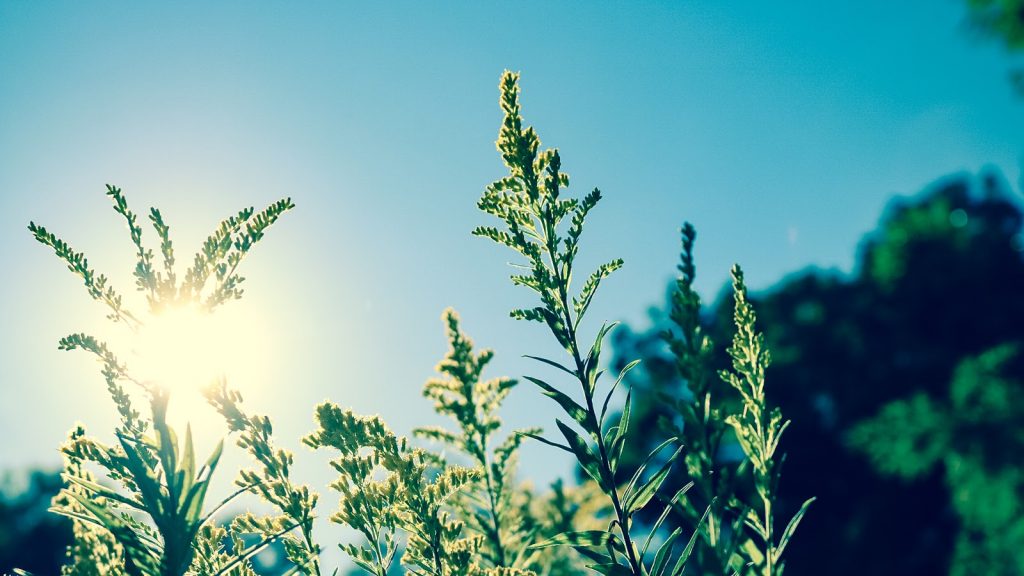Eczema in the sun
Posted: 6th July 2018 | Posted by Costa
Eczema in the sun
Eczema in the winter is unpleasant; the cold weather dries the skin out quickly. However, dealing with eczema-prone skin in the summer isn’t any easier. Eczema is an awful condition to deal with; it’s itchy, it stings and burns, and it can even interrupt day to day activities including sleep. If you find yourself having flare-ups during the heatwave, then follow these tips to keep your eczema from getting worse.
Keep it natural
Wear natural fabrics – we recommend wearing soft, airy fabrics such as cotton or linen. The same goes for bedding – swap manmade fabrics for 100% cotton or linen.
Tips:
- Be sure to use no-fragrance washing powders and fabric softeners.
Don’t sweat it
Staying sweat free isn’t easy but if you do start to perspire and you find that it is irritating your skin, try taking a cold (or lukewarm) shower and changing into airy clothes – and be sure to moisturise after. If you’re stuck in the office – don’t be afraid to go to the bathroom and rinse your arms and face in the sink.
Deodorant is essential during the hot weather, however, using a natural deodorant may help to lessen the risk of irritating the skin especially as eczema thrives in the crevices such as the underarms.
Tips:
- Pack cloths/flannels in your bag to wipe away sweat throughout the day.
Cover up
Everyone needs to be careful when out in the sun, however, eczema sufferers need to take extra caution. Try not to stay out in the sun for too long, mainly if your eczema areas are not covered up.
Tips:
- Make sure you wear sun lotion – sunburn won’t help your eczema. Lotions, as well as bug repellents, should be non-allergenic and free from any ingredients that trigger flare-ups.
- If you need to go outdoors, avoid going out in peak hours (10:00-15:00).
Stay hydrated
One of the most important things to do during the summer is to stay hydrated – water is essential! Sweating causes you to lose electrolytes such as zinc and vitamin D – leading to fatigue which can increase anxiety, and therefore flare-ups.
Tips:
- If you cannot commit to drinking plain water – try adding in some fruit for a natural flavour alternative.
Fun in the sun
Although some sufferers may find that the salty sea water helps to soothe their body and mind (which is helpful to avoid anxiety and flare-ups), we wouldn’t advise chlorine-filled swimming pools. The harsh chemical, even in a small quantity, might prompt your eczema to become more aggressive.
Tips:
- If you do decide to swim in the ocean, remember to wear sun lotion and apply body lotion/gel after to hydrate your skin.
Flower power
Unfortunately, eczema belongs to the allergy family which means that many individuals who have eczema may also suffer from hay fever – however, an aloe vera plant is a natural, low-pollen plant to keep your skin from feeling hot. Aloe vera has become well-known to cool your skin and sometimes even treat eczema. Aloe plants are also known to clean the air of pollutants.
(Note: Make sure your body doesn’t react negatively to aloe before using it excessively.)
Tips:
- You can get aloe as a plant or in health and beauty stores.
We understand that eczema isn’t easy to manage and that there isn’t one easy way to deal with it, however, remember to keep things natural, and not to overexpose your skin to harsh chemicals, and to avoid prolonged time in the water.
If you find that you’re experiencing some of these symptoms but aren’t convinced that it is eczema, perhaps you’re facing another allergy that you’re not aware of? Don’t suffer in silence. Book an allergy test with one of our consultants today to take the first steps towards living an allergy-free life.
To learn more about eczema read about it here.

